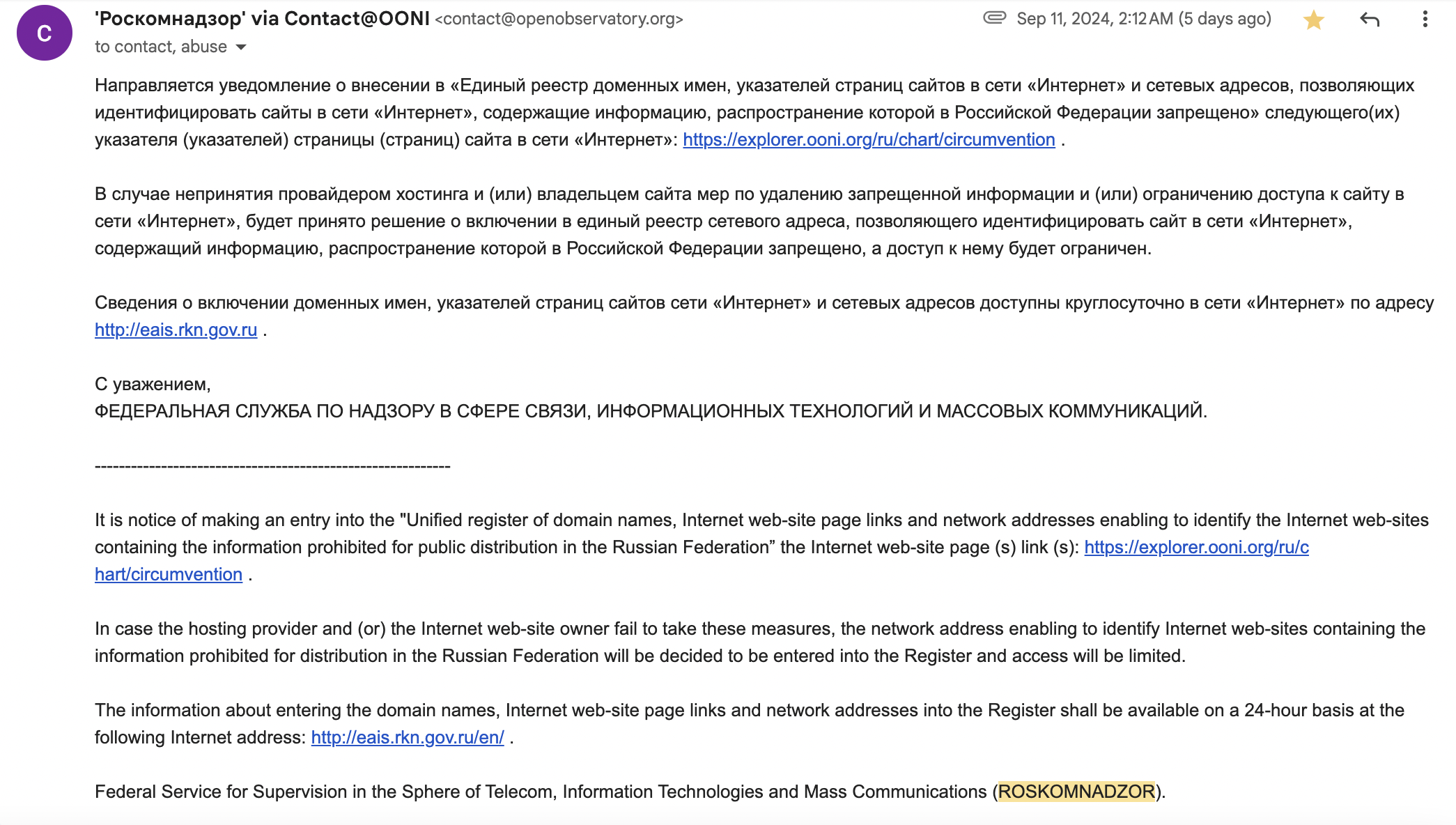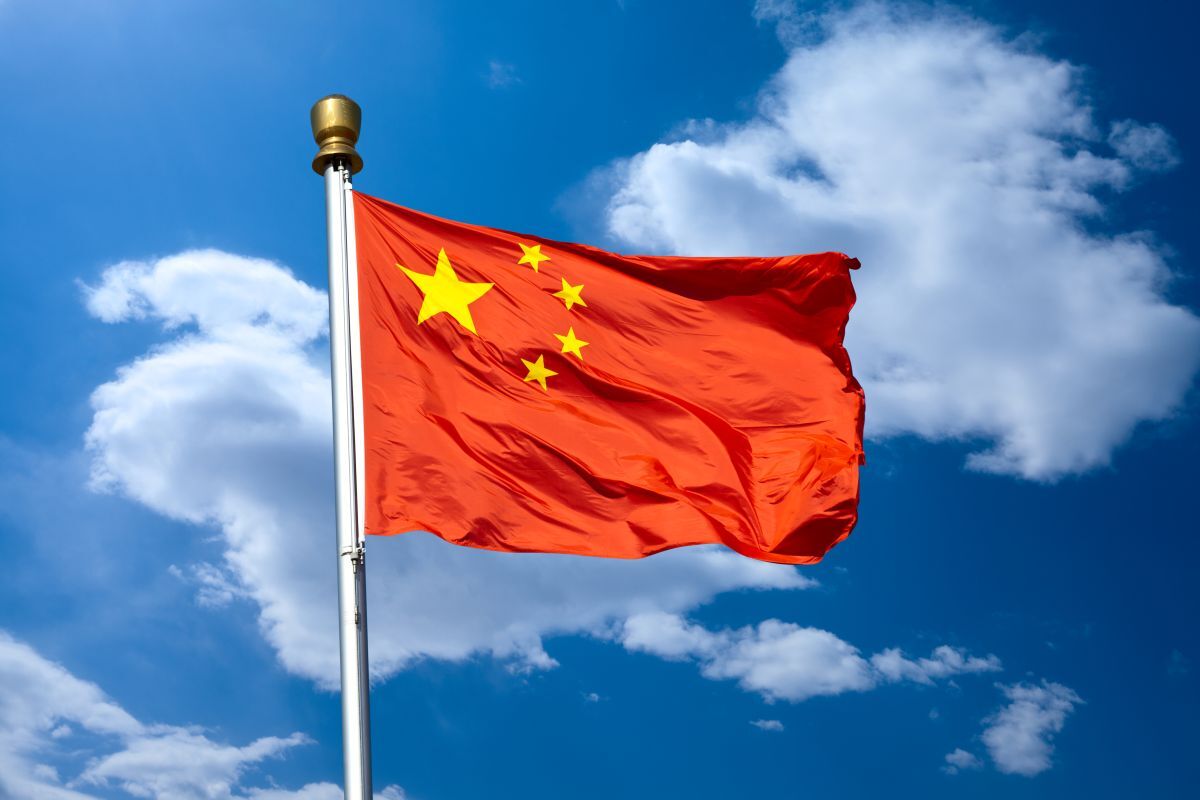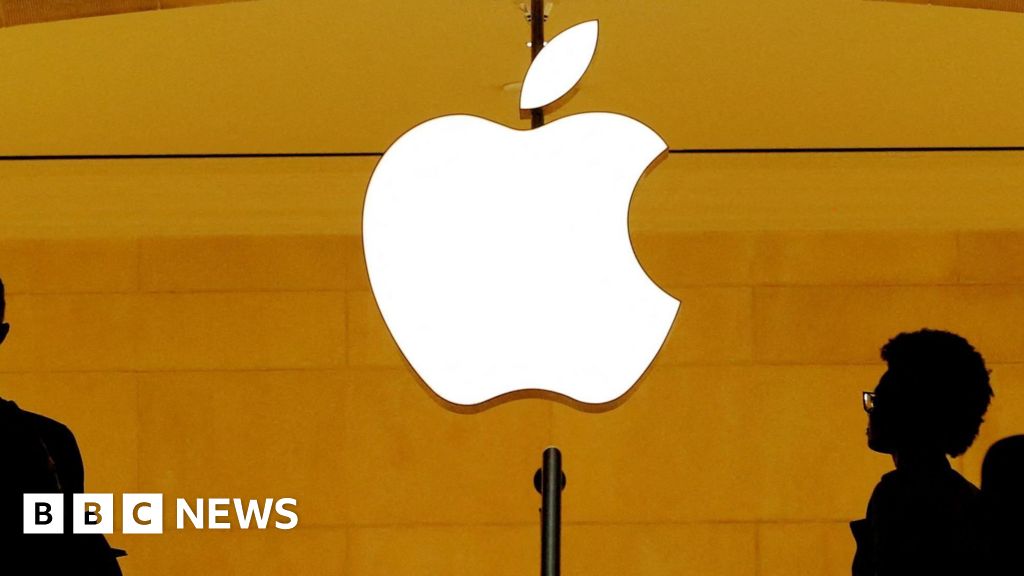- 70 Posts
- 19 Comments

 7·23 days ago
7·23 days agoDoes China have a tech company which does NOT develop spyware?

 16·30 days ago
16·30 days agoI don’t know the reason for the prompt in this particular case, of course, but there is a persistent form of racism in China, namely the prejudice that the Han Chinese are more advanced than other cultures inside and outside of China. Some experts say this view is even promoted by the government’s propaganda.
There is also a good video by a foreigner living in China (19 min): CHINA: RACISM: China’s Ugly, Disturbing yet Open Secret — (archived link).
Last year, Human Rights Watch urged the Chinese government to combat anti-black racism on Chinese social media.
[Edit typo.]

 3·30 days ago
3·30 days agoThere is a good article by the China Media Project from April 2024 about the Chinese Communist Party’s AI policy:
Tracking Control: Bringing AI to the Party — [Archived link]
China’s release this week of new draft rules governing the generation of AI content, coming just months after the launch of ChatGPT, might give the impression leaders are scrambling to catch up. But for years now, the Chinese Communist Party has planned to power up AI innovations — even as it contains them.

 6·30 days ago
6·30 days agoCorrected. Sorry, and thanks @masterspace@lemmy.ca

 4·1 month ago
4·1 month agoIn a video posted on Xitter, a Russian soldier who defected to Ukraine says his unit were using Elon Musk’s Starlink satellite internet via an IP address in Latvia. They were paying for the subscription over Telegram.

 5·1 month ago
5·1 month agoThe article relates to the share of advertising revenue these Maga guys get. Musk and his dozens of shareholders earn Xitter’s bottom line, of course, but this is a different story.
[Edit typo.]

 4·1 month ago
4·1 month agoElon Musk Urges To Free Telegram Chief Pavel Durov After His Arrest In Paris — (Archived link)
The Telegram chief executive, Pavel Durov, was arrested by the French Police in Paris this morning, and the X owner, Elon Musk, has reacted to his arrest. Musk shared a snippet from one of Durov’s interviews where he was talking about X. While sharing this snippet, Musk wrote, “#FreePavel.” […]
According to Russia’s TASS state news agency, the Russian embassy in France is taking “immediate steps” to clarify this situation […]
By operating from the United Arab Emirates, Telegram has managed to avoid the content moderation laws that Western countries are imposing on major platforms to combat illegal content.

 2·1 month ago
2·1 month agoAs a legal layman I would say that domestic companies aren’t shielded anyway from human rights accountability.

 8·2 months ago
8·2 months ago@technocrit@technocrit@lemmy.dbzer0.com
Ok… But what about the zios doing the same thing in support of genocide?
‘Whataboutism, the rhetorical practice of responding to an accusation or difficult question by making a counteraccusation, by asking a different but related question, or by raising a different issue altogether. Whataboutism often serves to reduce the perceived plausibility or seriousness of the original accusation or question by suggesting that the person advancing it is hypocritical or that the responder’s misbehavior is not unique or unprecedented. Acts of whataboutism typically begin with rhetorical questions of the form “What about…?”’

 9·2 months ago
9·2 months agoSimply banning the high quality low cost option doesn’t seem to accomplish much.
This is not about quality and costs, but about Chinese forced labour (which is a major reason why it’s so cheap), human rights, security as the Chinese government pursue a dictatorial policy.

 4·2 months ago
4·2 months agoBetween Chinese Surveillance and Israeli Settler Colonialism
There are extensive economic ties between China and Israel. China is Israel’s second-largest trading partner globally and takes the lead in Asia. The Belt and Road initiative has significantly catalyzed China-Israel cooperation. Major Chinese companies like China Railway Engineering Corporation, China Ocean Shipping Company, Huawei, China National Chemical Corporation, and ZTE Corporation are actively investing in Israel, while others such as Huawei, Xiaomi, Lenovo, Geely, and SAIC Motor have set up research and development centers in Israel.
Specifically for Huawei, it acquired two Israeli technology innovation companies, HexaTier and Toganetworks, in 2016 for $42 million and $150 million, respectively. In the electric vehicle industry, in 2022 and 2023, the share of Chinese brands in the Israeli electric car market exceeded 50 percent and 60 percent respectively.
Chinese car sales outlets abound in Israel, represented by companies like BYD, Geely, Hongqi, SAIC Motor, Chery, and Hozon Auto. In the field of infrastructure, in 2021, the Chinese company Pan-Mediterranean Engineering Company (PMEC) constructed the Ashdod Port in southern Israel. China State Construction Engineering Corporation constructed Haifa New Port Terminal, a vital node port of the Belt and Road, and the first time that Chinese enterprises exported “smart port” technology and management to a developed country.
China Railway Engineering Corporation led the construction of the Red Line in Tel Aviv, the first light rail project constructed by a Chinese enterprise in the high-end market of a developed country. The current cooperation between China and Israel involves ports, subways, highways, tunnels and other fields, and the amount of cooperation reaches billions of dollars.

 3·2 months ago
3·2 months agoFrom the Encyclopedia Britannica:
Whataboutism, the rhetorical practice of responding to an accusation or difficult question by making a counteraccusation, by asking a different but related question, or by raising a different issue altogether. Whataboutism often serves to reduce the perceived plausibility or seriousness of the original accusation or question by suggesting that the person advancing it is hypocritical or that the responder’s misbehavior is not unique or unprecedented.

 4·2 months ago
4·2 months agoThe firm that protects both banks and the Eurovision Song contest (2016) - (Archived link)
Cloudflare’s roots go back to 2004 when [Cloudflare co-founder Matthew] Prince and Cloudflare co-founder Lee Holloway were working on a computer industry project they called Honey Pot […]
Five years later […] the project was far from his [Mr Prince’s] mind, when he got an unexpected phone call from the US Department of Homeland Security asking him about the information he had gathered on attacks.
Mr Prince recalls: "They said ‘do you have any idea how valuable the data you have is? Is there any way you would sell us that data?’.
"I added up the cost of running it, multiplied it by ten, and said ‘how about $20,000 (£15,000)?’.
“It felt like a lot of money. That cheque showed up so fast.”
Mr Prince, who has a degree in computer science, adds: “I was telling the story to Michelle Zatlyn, one of my classmates, and she said, ‘if they’ll pay for it, other people will pay for it’.”
TLDR: Here you can support it: https://citizens-initiative.europa.eu/initiatives/details/2024/000007_en

 8·2 months ago
8·2 months agoI guess exactly this is part of the companies’ problem here. It’s bad for the shareholder value and the managers’ bonuses.

 8·3 months ago
8·3 months ago@trevron, what is a good source of information regarding China?














As an addition:
In 2015, two years after kicking off its massive Belt and Road initiative, China launched its “Digital Silk Road” project to expand access to digital infrastructure such as submarine cables, satellites, 5G connectivity, etc. In a report published this year, the UK-based human rights group ‘Article 19’ argues that the project is about more than just expanding access to Chinese technology, but rather to export its brand of digital authoritarianism across the word. Here is a brief article about it where you can also download the 80-page report (April 2024): China: The rise of digital repression in the Indo-Pacific – (Archived link)
There is also an interesting first-hand research about how Chinese people cope with constant surveillance in their country by Canadian researcher Professor Ariane Ollier-Malaterre (March 2024): Digital surveillance is omnipresent in China. Here’s how citizens are coping (in French: La surveillance numérique est omniprésente en Chine. Voici comment les citoyens y font face)